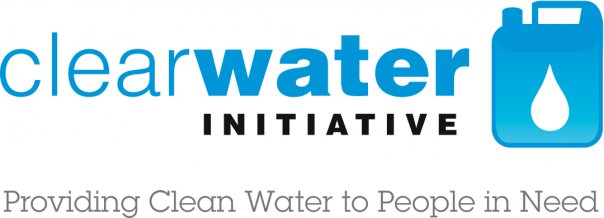
I first visited Northern Uganda in 2007 as an embedded photojournalist with Ben Sklaver’s Civil Affairs team. At that time, security was tenuous and the tension on the streets was palpable. There was a nervous energy to the commotion, as the region stepped slowly from the shadows of terrible atrocities and hardship. Armed Ugandan army forces patrolled constantly. Torrential rains created massive flooding and disruption. The IDP camps were still crowded. When I visited the camps, I saw first hand the extreme conditions and heard stories of war crimes I dare not repeat. Rural areas were vacant thanks to continued fear of LRA attacks. The government’s focus was to coordinate the humanitarian aid efforts delivered by NGO’s.
2009 was a transition year. The government has slowly been emptying the camps, and the aim is to close them completely to all but the most vulnerable (orphans, elderly, sick) by March 2010. This is a promising sign of confidence that the war has come to a close. The streets feel more relaxed and people are going home. While this is a positive development, it opens the door to a host of new challenges. The relocation of a generation raised during the war requires a paradigm shift for the government as well as the nationals. There are land disputes to address, as family plots have been taken over by squatters. The land itself, while fertile, must be cleared and planted. Houses constructed or repaired. Schools to build and teachers to hire. Water points rehabilitated, and sanitation practices established. Jobs and markets to create. The area is transitioning from crisis to development, and this mandates a different role for those in a position to assist.
Clearwater Initiative is working with local leaders to identify the areas of greatest need and the methods which will produce the maximum impact. In some regards, there is greater need than two years ago. While the ‘crisis’ has eased, the populations are spreading across the region. Ensuring that there are resources in place to sustain them becomes a logistical challenge. (When 10,000 are in one camp? Delivery of services is centralized.) In addition, many of the NGO’s, which were working in the area, have scaled back or ceased their operations in light of the improved situation.
We have spent the last weeks on the trail of Ben’s vision and I have felt his presence at every turn. From meeting those whom knew him personally, to those whom simply knew of him because of his work in the area. We have been lodging in Kitgum at the guesthouse that hosted Ben and his men during their last months in the country. It is a source of both comfort and disquiet to imagine him chatting away on the very table on which I write. A sweet dog named Betty lies at my feet. She was picked up from the streets of town and brought to the hotel by Ben when she was just a pup, and was adopted by his men and the hotel staff. One more small act of compassion by Ben.
 So much has changed in the last two years. So much remains to be done. For the moment, I’ll rub Betty’s tummy and feel comfort in the connection to my friend Ben. Then back to work.
So much has changed in the last two years. So much remains to be done. For the moment, I’ll rub Betty’s tummy and feel comfort in the connection to my friend Ben. Then back to work.Text and photos by Jake





No comments:
Post a Comment